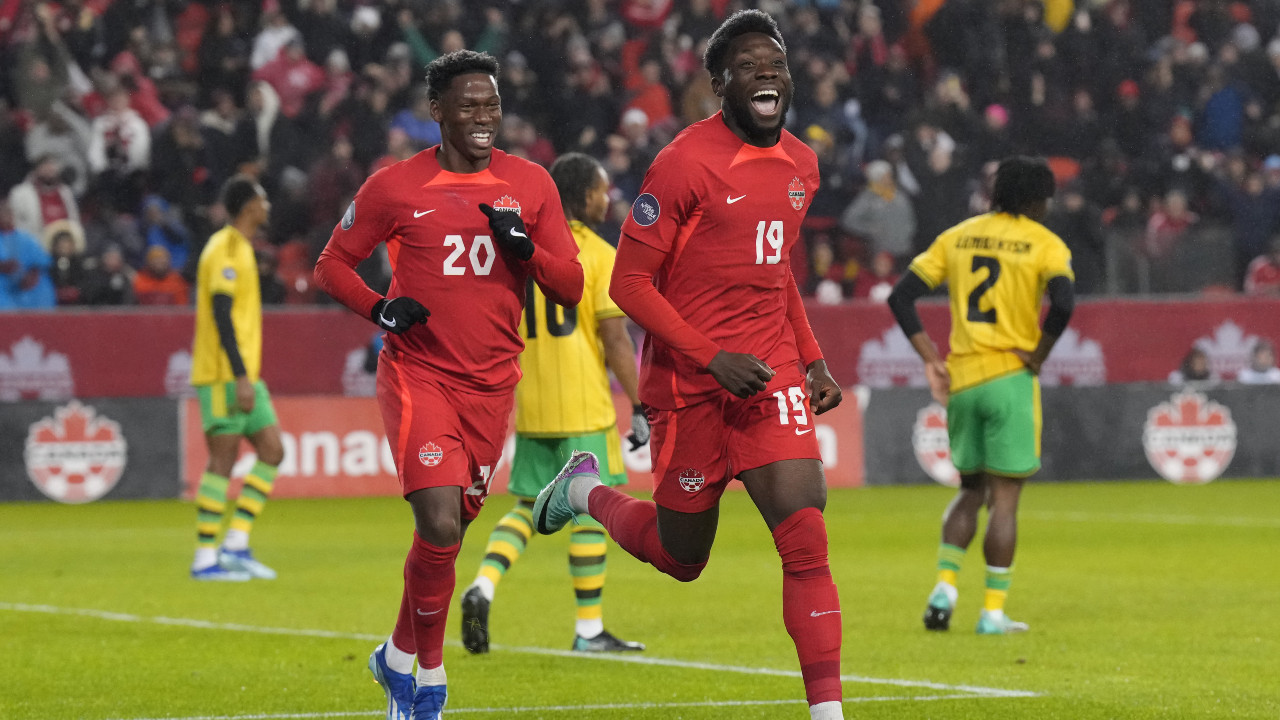
CHARLOTTE, N.C. — Uruguay coach Marcelo Bielsa thinks his players deserve an apology, not sanctions, for entering the stands at Bank of America Stadium and participating in a fight with Colombia fans following his team’s 1-0 Copa America semifinal loss.
An angry Bielsa criticized tournament organizers for not doing enough to protect families of players seated behind the Uruguay bench and he justified players taking matters into their own hands by entering the stands to protect their loved ones.
“We are in the United States, the country of security,” Bielsa said through an interpreter during an emotionally-charged 45-minute news conference Friday. “How can you not defend your mother, your sister, a baby? If they did not do it, they would have been condemned by all of us.”
CONMEBOL, South American soccer’s governing body, said Thursday its disciplinary committee opened an investigation.
“It is unacceptable that an incident like this turns passion into violence,” the statement said.
Asked if he feared sanctions for his team, Bielsa grew irate.
“The sanction does not have to be for the footballers, but for those who forced them to act like this,” Bielsa said. “This is a witch hunt. It is a shame.”
Uruguay had the option of seating families in luxury boxes instead of in the crowd.
The team returns to the same venue for Saturday night’s third-place game against Canada. While the crowd is expected to be more subdued, the same level of security is planned.
A raucous crowd of more than 70,000 — at least 90% in support of Colombia and wearing the nation’s colors — descended Wednesday night on the downtown Charlotte stadium, home of the NFL’s Carolina Panthers and Charlotte FC.
There were only a few small patches of Uruguay fans in the crowd at the start of the game, many of them behind the team’s bench.
After an emotional and physical game that included seven yellow cards and one red, a fight broke out in the stands and drinks were thrown. Shoving and punches ensued. The melee grew in terms of the magnitude of people before involved before more than a dozen Uruguay players, including Darwin Núñez, climbed a small set of portable stairs and into the crowd.
Bielsa said not enough precautions were in place and an emergency exit path for Uruguay fans was not provided. Many in the Uruguayan soccer association delegation got away from the fighting by climbing down onto the playing field while Mecklenburg County Police and security restored order as the stadium was cleared.
The melee in the stands lasted more than five minutes.
At one point during the news conference, Bielsa got into a heated exchange with a reporter who wound up leaving halfway through.
“You should have asked me if we have received an apology, not if I fear sanctions,” Bielsa shouted.
Bielsa went on to attack media outlets, saying “journalism responds to the interests of those who administer power, who are the ones who distribute the money. There is a percentage of journalism that responds to this. Those who do not respond to the interests of power are the ones who suffer because they are loyal.”
Bielsa said he didn’t plan to talk about the incident but couldn’t hold himself any longer.
“I am very afraid of sports revenge,” Bielsa said. “They always threaten you in sports. Here the message was we cannot defend your family and we cannot allow them to flee. What sanction are they talking to me about? What we have to see is when are they going to apologize.”
Sebastián Cáceres was the latest Urugauy player to express concern over how the events unfolded.
“What happened after the game is something that anyone would have done,” Cáceres said. “I went up to check that my family was OK and I tried to take a teammate with me so that it wouldn’t continue.”